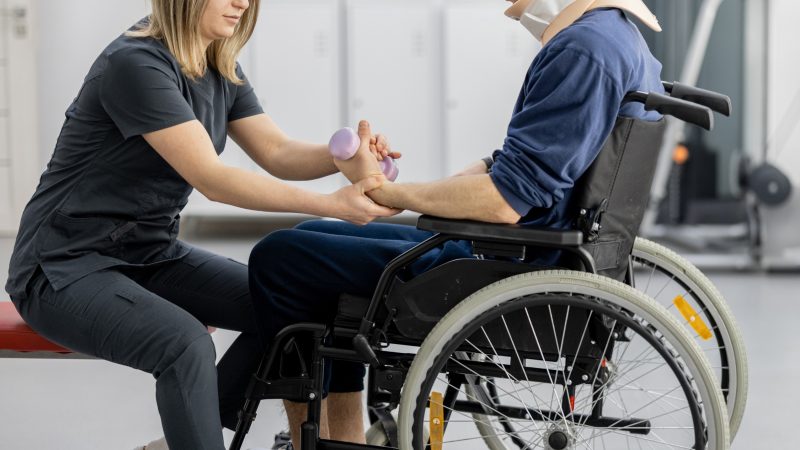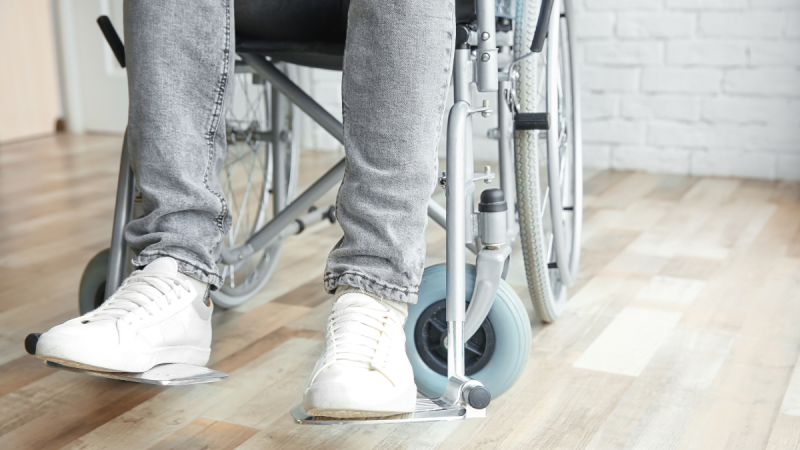Local Guide to Hydrotherapy Exercises for Melbourne Residents (With Free Exercise Planner)
Navigating NDIS Physiotherapy doesn’t have to be confusing. This guide covers how it works, what’s included, and how to choose the right provider to meet your goals. We also highlight how physiotherapy can help improve day-to-day function and quality of life.
Find out how NDIS physio could be the missing link in your therapy plan. Read more now!


